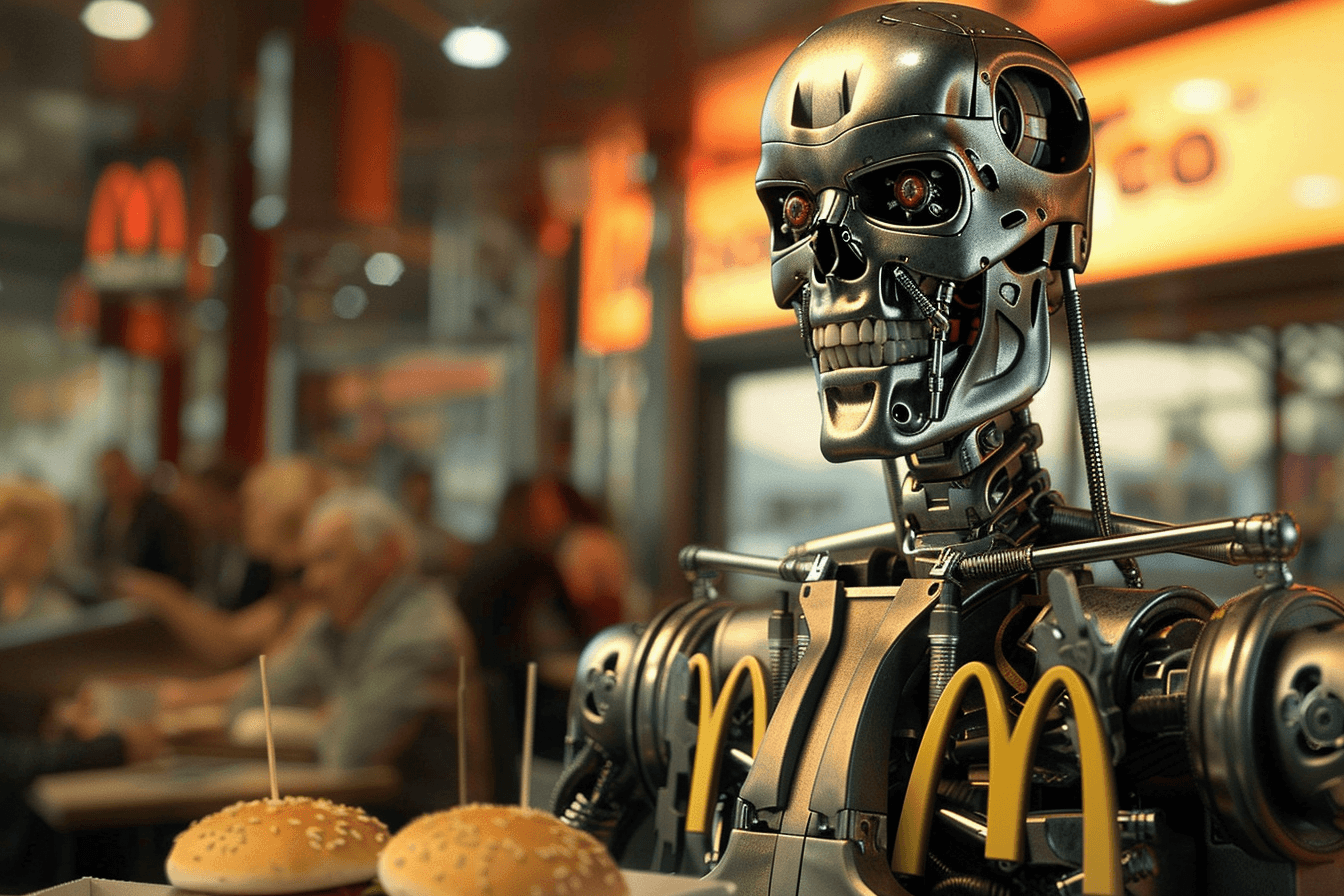The former head of Google China, Kai-Fu Lee, has no good news for us. In his opinion, artificial intelligence will take over 50% of jobs. This will happen by 2027.
Kai-Fu Lee warns that in three years we will be unemployed
Computer scientist and venture capitalist Kai-Fu Lee believes that by 2027, artificial intelligence will put every second person out of work. However, before you start wondering what you will do as an unemployed person, let me add that he has been repeating his prediction for years. For example, in an interview for IEEE Spectrum from 2018 said more or less the same thing. He pointed out that “most professions are repetitive.” He gave examples of drivers, telemarketers, and people working on the so-called dishwashers or production line workers.
Now in an interview for Fortune stated that his vision of AI taking our jobs is valid.
People criticized me for being too aggressive (in my projections) in 2017, 2018, 2019 (…)
– he said and added that today, after AI has become more popular, many people see things the same way he does.
I will immediately add that Kai Fu Lee is a really serious person. He was the founder and director of Microsoft Research Asia. Previously, he worked as a director at Apple. He was also vice president of Google and head of Google China.
This month, he became the founder and president of Sinovation Ventures, a VC fund focused on the development of global technology products and services. He is also the founder of 01.AI, an AI startup focused on developing products and services for the Chinese market.
Lee believes that China will ultimately overtake the rest of the world in developing artificial intelligence technology.
Is he exaggerating or is he right?
It is doubtful that our world would change as much as Lee describes in a few years. It's not just about the investments companies would have to make to replace humans with machines. For example, changes to regulations are necessary to replace drivers with self-driving, AI-powered vehicles. Moreover, artificial intelligence will not easily replace either blue-collar or white-collar workers. She lacks empathy, sometimes cannot understand people's intentions, she also makes mistakes and someone has to control her.
But what will happen, for example, in 10-20 years? Given the acceleration of AI development, anything can happen.

